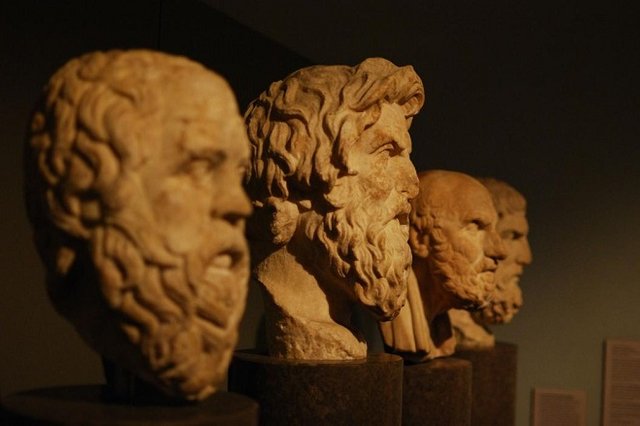Object and definition of Philosophy. Philosophy of religion /part 2/
God's Revelation is always a two-sided act. It is self-revelation on the part of God, and at the same time it is the perception, absorption of the supernatural truth by man. As for sight, sunlight is not enough, but it is necessary both the human eye and the spiritual sight is not only the Revelation, but also the human spiritual activity and activity of the person - it is inevitable that the operation with the notional-categorical apparatus necessary is the human mind. The more correct we will receive Revelation, the more experienced and refined, the more philosophical reflection is our reason.
God-revealed Christian truths are not unreasonable, but over-rational - above the possibilities of rational knowledge. They are given on issues that are impossible to reach the truth through the path of human cognitive abilities. Human reason is unable to answer these questions on its own, but no one can replace it in the field of empirical-experimental knowledge, which is also its specific competence. Human reason can not substitute for the Revelation, but only then can he only know his limits and possibilities, and in doing so, in keeping with the most intimate secrets of Being, he points out the need for Revelation. The very Divine Revelation is not once and for all determined where it is, what it is, and there are different its interpretations.
It is not yet known and accepted. In the world, they claim to be the voice of Divine Revelation, monstrous superstitions and perversions of true religiosity, ranging from eclectic Theosophical teachings to ending with various satanic cults, Mormons, munitions, and other sectarian perversions, pseudo-prophecies. Here, the role of human reason, of philosophy, distinguishing the true from the false, to overcoming and abolishing the pseudo-religion and the erroneous directions of godly knowledge and worship is particularly prominent. It was also historical. Through its criticism of religious superstitions, philosophy, starting from Xenophan, has helped to perfect, spiritualize the reliquary. Hence, justly, Spencer points out that the critical philosophical spirit lies as a matter of use, and religion itself, and helps to perfect his ideas and teachings about God. On the other hand, the Christian Revelation itself is not mistakenly misunderstood.
In the Middle Ages, the Western Church has incorporated private-scientific hypotheses and views on the subject of Revelation as: whether the earth is flat or tall, whether it is the center of the solar system is not, whether there is an evolution of the animal species or not. In the name of such methodologically incorrectly proclaimed divine productions, there have been spikes against scholars and philosophers. Again, the crucial role of philosophy is to emphasize and outline the limits of competence between faith and knowledge, between religion and science, and that such issues are not the subject of Revelation, but of Excitation Science.

Awesome Blog